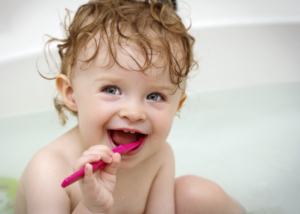Breastfeeding and Teeth: What You Need to Know

August is National Breastfeeding Awareness Month! Studies have shown that breastfeeding reduces an infant’s risk for many health problems like asthma, obesity, and SIDS. Whether or not to nurse a baby is a personal decision for each new mother. If you choose to breastfeed your baby, there are important things to know about how it can affect your teeth and your baby’s teeth. We encourage you to read on and learn about breastfeeding and dental health:
Breastfeeding and Your Teeth
Being a new mom is tough. The last thing you need is dental problems! And yet, we see many new mothers who are getting cavities for the first time in their lives or suffering from TMJ pain. Here are the things you need to know about breastfeeding and your teeth.
- Increased Risk for Cavities – Many women experience an increased risk for cavities when they are pregnant and/or nursing. There are many myths about “the baby sucking the calcium out of your teeth”; however, the real causes of an increased risk for cavities lie in one or more of the following:
- Changes in your oral hygiene routine – Let’s face it. A new baby wreaks havoc in your “normal” schedule. Who has time to use the bathroom, much less floss and brush regularly? Many new moms struggle to perform normal daily tasks, so oral hygiene goes by the wayside. To prevent this increased risk for cavities, you must stay committed to a good oral hygiene regimen at home.
- Midnight snacking – Even if you do brush and floss before bed, you’re up multiple times in the middle of the night to feed your baby and change diapers. Snacking or drinking something besides water during this nighttime chores makes cavities much more likely to happen.
- Lactation cookies – Some breastfeeding mothers have trouble producing enough milk for their babies. There are special diets and supplements that encourage milk production. One of the newer “fads” in this area are lactation cookies. Lactation cookies contain ingredients to boost milk production. They also contain a lot of sugar; one brand has 16 grams of sugar per serving. You all know that a high sugar diet increases the risk for cavities.
- Increased Incidence of Teeth Clenching or Grinding – The stress of being a new mother and the changes in your sleep patterns make these types of sleep habits more likely to occur. Many patients develop headaches, teeth sensitivity, and popping sounds in the jaw joints during periods of stress. If you experience any of these symptoms, come see Dr. Ann and Dr. Lauren. You can get relief by wearing a custom nightguard to protect your teeth, muscles, and jaws from the heavy forces of clenching and grinding.
- Risk for Dry Mouth – It is important for nursing mothers to drink plenty of water. The production of milk requires a lot of water, and breastfeeding moms can easily become dehydrated. This is important to us because a dry mouth can cause many dental problems. A mouth that does not have enough saliva has a higher risk for mouth sores and ulcers, gum disease and cavities.
Breastfeeding and Your Baby’s Teeth
Nursing your baby is not only good for their overall health; it is also good for their dental health. Here are a few of the advantages of breastfeeding your baby.
- Better Orofacial Development – Research studies have shown that there is a difference in the way the face, specifically the jaws and airway, form in children who breastfed versus those who bottle-fed. Nursing infants have a better chance of normal development of the jaws, which leads to correct positioning of the teeth. It also improves the relationship of the lower jaw to the upper jaw, so the child is more likely to have a proper bite.
- Less Thumb Sucking or Use of Pacifiers – Breastfed children are less likely to develop a prolonged habit with pacifiers or thumb sucking. Children who use pacifiers or suck their thumbs past the age of four are at risk for problems in the development of their upper and lower jaws. This can lead to airway problems (pediatric sleep apnea), a bad bite, and badly positioned teeth.
- Lower Risk for Cavities – There is a reduced risk for tooth decay in breastfed infants as compared to bottle-fed infants. Reduced, not eliminated. This is an important fact. Babies who nurse exclusively can still get cavities. They are just less likely to get cavities than those who bottle-feed. You can make sure your baby’s teeth stay healthy by cleaning them every day. Use a baby toothbrush (the kind that fit over your finger are great!) or just a soft washcloth to gently wipe away any soft buildup that accumulates on the teeth.
Are You a Breastfeeding Mom with More Questions?
If you have other questions about your dental health or that of your new baby, contact our practice to schedule a consultation with Dr. Ann and Dr. Lauren. They can answer all of your questions and make sure both you and your baby are on the road to great oral health!
